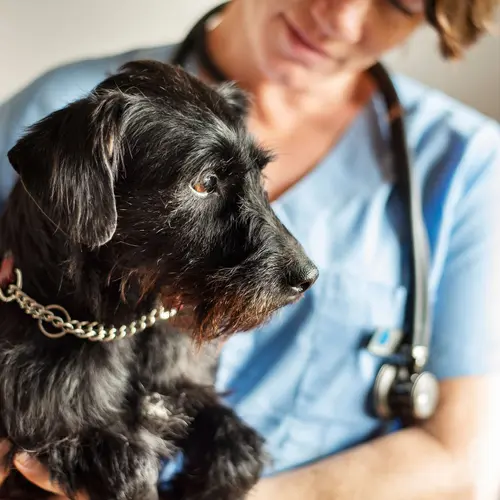Guinea pigs can make good pets, but though they may appear lower maintenance than a cat or a dog, they still require plenty of love and attention. If you get young guinea pigs, it’s easier to train them to cope with your home rules. Before you pick a guinea pig as a pet, there are certain things you need to know.
Pet Guinea Pigs 101
You need supplies. There are certain things you need to purchase before you bring guinea pigs into your home. The supplies include the following:
- Bedding
- Food dishes
- Carrier
- Hideouts
- Water bottle
You may need additional supplies based on the level of convenience you require for your pets. The main objective is to provide your guinea pigs with adequate living conditions. Guinea pigs will thrive best in a stimulating, comfortable environment.
Handling guinea pigs. Guinea pigs are easily tameable. Handle your pets with care to avoid injuring them. Wait for the pigs to remain still before picking them up, since you may cause pain if you handle them as they move. As you hold the pets, bring them close to your chest. This action will make them feel safe and protected.
Guinea pig diet. Timothy hay should make up most of the diet, supplemented with smaller amounts of commercial, high-fiber, timothy-based guinea pig pellets. Provide guinea pigs with food rich in vitamin C. Such foods include red or green pepper and tomatoes. Choose quality food that is always fresh. You can feed your guinea pig leafy greens like kale, and add carrots and sweet potatoes to the diet once or twice a week. This diet will help keep your Guinea pig active and healthy.
Housing guinea pigs. Provide your guinea pigs with cages that have adequate room to exercise. If you do, your pets are less likely to develop medical conditions like heart disease and diabetes. Guinea pigs are most active in the morning and evening. Large spaces enable them to play as they wish and with ease. Guinea pigs do well when housed together. They are social animals, hence a large cage will enable them to co-exist peacefully.
How long do guinea pigs live? Guinea pigs have a lifespan of five to seven years. The lifespan is longer than other small pets like mice and rats. If you handle your guinea pigs with care, you will enjoy a long life with them. A sick guinea pig will have a poor-looking coat. You may notice the coat appears dull, thin, and rough. Your pet may also develop patches of hair loss. Always observe your guinea pig for signs of parasites like lice and mites. Internal parasites can cause them to change their behavior or eating habits, lose weight or become bloated.
Guinea pig training. You can easily train your guinea pig to complete simple tasks, such as responding to his name. Place your guinea pig on the floor close to you. Place several treats in your hands, then call the pet by his name. Make sure the treat is visible to your guinea pig. Repeat the action until the guinea pig can respond to every call you make. You can use this method of positive reinforcement to teach your guinea pig many simple tasks.
Guinea pig noises. Your guinea pig will probably be a quieter pet than a dog, but they can still make many different noises. Your guinea pig may make a noise called "wheeking" when she's hungry, or make a kind of growl when frightened. Make sure you're paying attention to the noises your guinea pig makes and attending to any that signify discomfort or fear.
Adding a second guinea pig. Guinea pigs are social creatures and enjoy living in groups. Keep pairs of the same sex together to avoid unwanted litters or you can get your pet spayed or neutered. Check for any personality differences in the animals. Like other animals, at times they may not get along very well, but there are ways to help ensure a positive relationship.
The best way to have a pair get along well is by introducing them as babies. If you acquire new adults, handle them with care as you introduce them to their counterparts. Introduce them slowly, and carefully observe their responses to each other.
Introducing your children to guinea pigs. Set rules before your children and their friends interact with your pets. It's easy for an excited child to frighten a guinea pig. Teach your child to calmly and slowly pick up a guinea pig and how to keep them securely on their lap, as well as peaceful means of interaction with them.
If your children stick to these rules, the guinea pigs will enjoy companionship.
Maintaining a guinea pig requires you to observe strict guidelines. The pets are sensitive to changes in the environment. They require special attention and commitment. Seek medical attention if you notice any body changes. Also, ensure you keep the cage clean to keep your guinea pig healthy.

